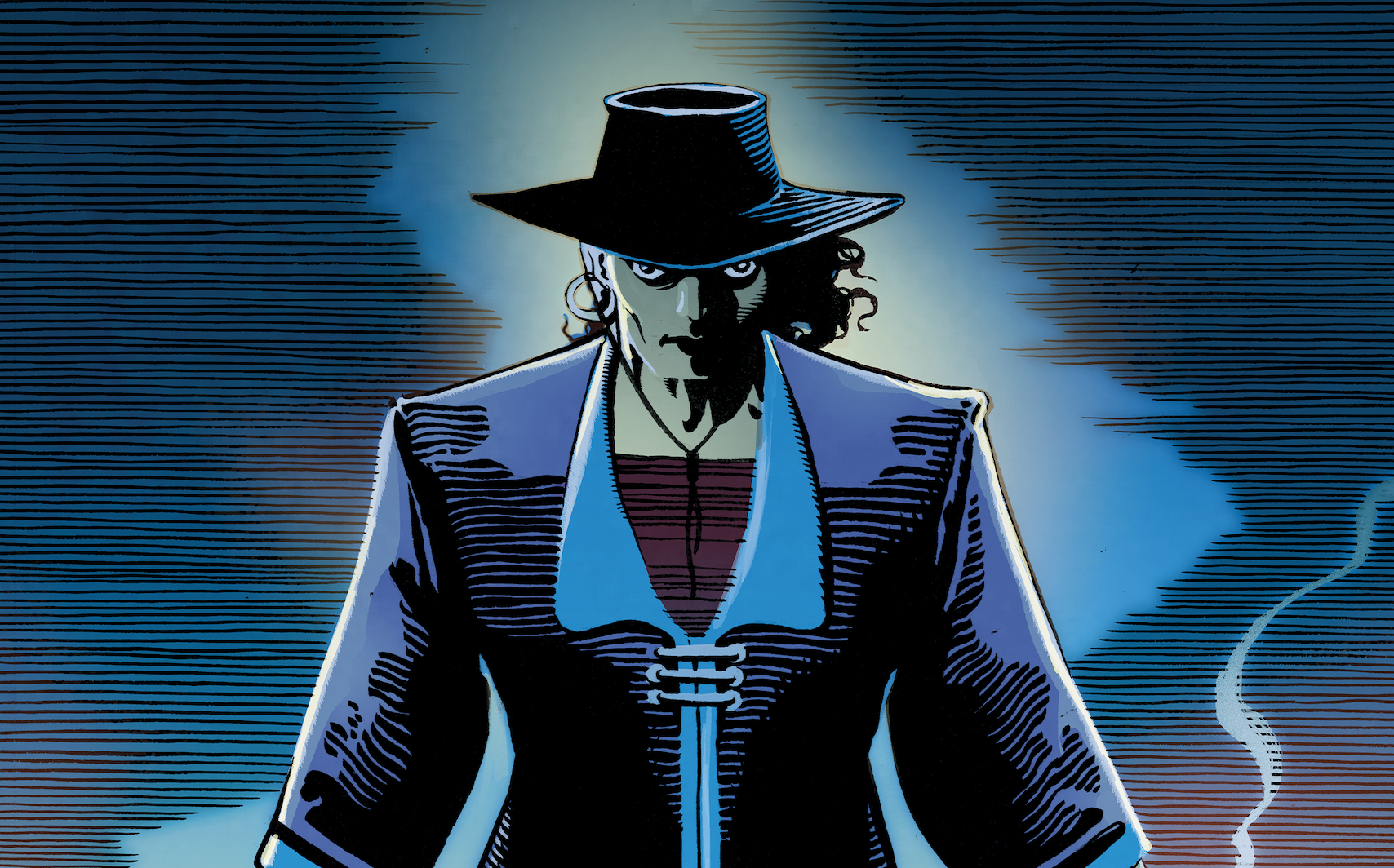
The Smithsonian Channel is taking the spirit of Women’s History Month quite literally, and we are all about this! Throughout March, they are airing two, hour-long specials about the lives of pioneer women in our past. While we should be celebrating the achievements and work of women every day and every month of the year, March gives us an opportunity to be intentional about how we can be part of the change in the way women are being represented.
The women featured in the Smithsonian Channel specials are adventurer and botanist Marianne North, and the legendary Pocahontas whose story many younger generations of women are already familiar with thanks to the animated Disney film. The special on Marianne aired March 8, coinciding with International Women’s Day, and fans can watch the Pocahonas special on March 27, which is also the 400th anniversary of her death.
For those unfamiliar with Marianne North, she was not just a pioneer, but a rebel of her time, choosing to deliberately shun the typical lifestyle expectations of women in during the height of the British Empire. At a time when women barely left their parlor rooms, Marianne North’s daring documentation of the world’s rarest plants propelled her to the top of a male-dominated world. Facing down Amazonian mudslides, starvation in Japan, and delirium in the Seychelles, North left an astounding legacy complete with new discoveries and records of now extinct species.

Her unbelievable achievements in the face of adversity remind of a now-famous phrase that has been circling on social media over the past few months: “Nevertheless, she persisted.” The comment was made by Senate Majority Leader Mitch McConnel (R-KY) in reference to Massachusetts Democratic Senator Elizabeth Warren’s persistence in reading aloud a letter written by Coretta Scott King during a testimony where she was vocally opposing the nomination of Jeff Sessions as US Attorney General.
Many were outraged that Mitch McConnell would try to prevent her reading the letter, which contained specific historical reference as to why Jeff Sessions was not fit for the job, and what he thought was a public scolding of Senator Warren’s actions became a rallying cry for women everywhere to know what it means to stand up and speak out in the face of opposition.
Sure, it was said in 2017, but Marianne North certainly lived this phrase throughout her life. Propelling herself to the top of a male-dominated world, Marianne’s legacy is something that we can draw inspiration from even today.
Pocahontas may be the most famous Native American woman in history, but the Smithsonian Channel is bringing her story to life in a way that dispels with any myth surrounding her. Her real name was Matoaka, and Pocahontas was simply a nickname meaning “the naughty one” or “spoiled child”.
She was a princess, peacemaker and ambassador. Many know about her achievements specifically in relation to her rescue of John Smith, which has been disputed by some Indigenous people from her tribe as being fictitious, amplified by the Disney version of her life. It’s not uncommon to find historical stories of women elevated simply because they are attached to a male somehow. Yet this should not be the only way viewers remember or learn about Pocahontas.
With so much emphasis on the need to recognize and respect our Indigenous culture, Smithsonian positions Pocahontas as one of the founding mothers of America. With expert interviews from historians, authors, as well as the current Chief of the Pamunkey (Pocahontas’ tribe) which is part of the Powhatan paramountcy located in Virginia, the hour-long special shows how her story has evolved, been embellished and shared over the past few centuries.

The latter part of her life is one of tragedy and heartbreak, having died in the UK where she ended up migrating with her English tobacco planter husband John Rolfe. She had planned to return to Virginia with her husband and their son, but died of unknown causes.
Pocahontas was captured by the English in 1613 during the Anglo-Indian hostilities in Virginia. History tells us she converted to Christianity and changed her name to Rebecca. When she was given a chance to go back to her tribe, she chose to remain with the English people.
In 1616, after marrying John Rolfe, the couple decided to move to England, where she was presented to society as an example of a “civilized savage”. The long-reaching effects of colonialism are certainly evident in stories like that of Pocahontas. You can also read more about her story on the Powhatan Renape nation’s website, where events of her life are retold from Indigenous recounts.
We hope these specials will inspire viewers, readers, and history-lovers of the importance of sharing the lives of historical women. We live in a world which is currently experiencing a great awakening, socially and politically, in terms of the power of women to change the world. It starts with recognizing those who came before us and paved the way when a path was not possible.
Watch more clips from the ‘Victorian Rebel – Marianne North’ special below, and tune in to the Smithsonian Channel on March 27 to watch ‘Pocahontas – Beyond the Myth’.
















